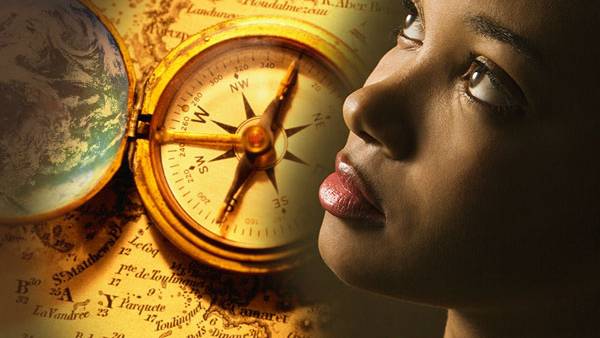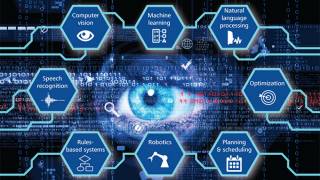Those who trust their feelings can predict future events more accurately
Source: psypost.org

A forthcoming article in the Journal of Consumer Research by Professor Michel Tuan Pham, Kravis Professor of Business, Marketing, Columbia Business School; Leonard Lee, Associate Professor, Marketing, Columbia Business School; and Andrew Stephen, PhD ’09, currently Assistant Professor of Business Administration, Joseph M. Katz Graduate School of Business, University of Pittsburgh, finds that a higher trust in feelings may result in more accurate predictions about a variety of future events.
The research will also be featured in Columbia Business School’s Ideas at Work in late February 2012. In the research, the researchers conducted a series of eight studies in which their participants were asked to predict various future outcomes, including the 2008 U.S. Democratic presidential nominee, the box-office success of different movies, the winner of American Idol, movements of the Dow Jones Index, the winner of a college football championship game, and even the weather.
Despite the range of events and prediction horizons (in terms of when the future outcome would be determined), the results across all studies consistently revealed that people with higher trust in their feelings were more likely to correctly predict the final outcome than those with lower trust in their feelings. The researchers call this phenomenon the emotional oracle effect.
Across studies, the researchers used two different methods to manipulate or measure how much individuals relied on their feelings to make their predictions. In some studies, the researchers used an increasingly standard trust-in-feelings manipulation originally developed by Tamar Avnet, PhD ’04 and Professor Michel Pham based on earlier findings by Norbert Schwarz of the University of Michigan and his colleagues. In other studies, the researchers simply measured how much participants typically relied on their feelings in general when making predictions.
Regardless of the method used, participants who trusted their feelings in general or were induced to trust their feelings experimentally were more accurate in their predictions compared to participants with lower trust in their in their feelings and participants in a control group.
In one study involving the Clinton-Obama contest in 2008, high-trust-in-feelings respondents predicted correctly for Obama about 72 percent of the time compared with low-trust respondents, who predicted for Obama about 64 percent of the time – a striking result given that major polls reflected a very tight race between Clinton and Obama at that time. For the winner of American Idol, the difference was 41 percent for high-trust-in-feelings respondents compared to 24 percent for low-trust respondents. In another study participants were even asked to predict future levels of the Dow Jones stock market index.
Those who trusted their feelings were 25 percent more accurate than those who trusted their feelings less.
The researchers explain their findings through a “privileged window” hypothesis. Professor Michel Pham elaborates on the hypothesis. “When we rely on our feelings, what feels ‘right’ or ‘wrong’ summarizes all the knowledge and information that we have acquired consciously and unconsciously about the world around us.
It is this cumulative knowledge, which our feelings summarize for us, that allows us make better predictions. In a sense, our feelings give us access to a privileged window of knowledge and information – a window that a more analytical form of reasoning blocks us from.”
In accordance with the privileged window hypothesis, the researchers caution that some amount of relevant knowledge appears to be required to more accurately forecast the future. For example, in one study participants were asked to predict the weather. While participants who trusted their feelings were again better able to predict the weather, they were only able to do so for the weather in their own zip codes, not for the weather in Beijing or Melbourne. Professor Leonard Lee explains this is because “…they don’t possess a knowledge base that would help them to make those predictions.” As another example, only participants who had some background knowledge about the current football season benefited from trust in feelings in predicting the winner of the national college football BCS game.
Thus, if we have a proper knowledge base, the future need not be totally indecipherable if we simply learn to trust our feelings.
Article from: psypost.org
Top Image: Source - PsychCentral.com, Edited: EL RIC 2012






















